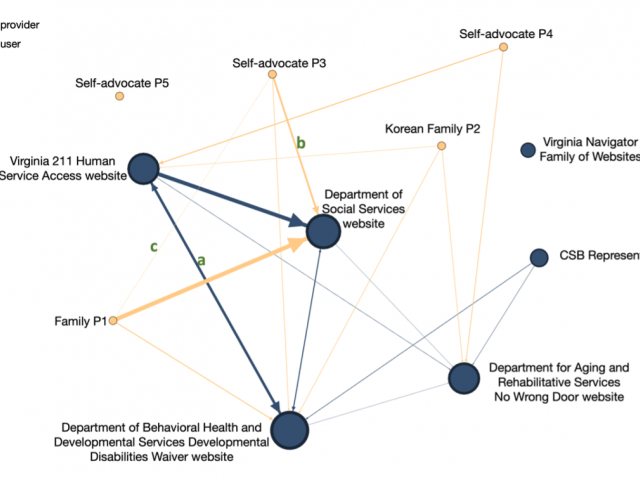
As organizations and individuals provide various information to multiple systems within a region, the information becomes fragmented, making it difficult for people to access the necessary information. Individuals have limited resources to navigate all the sources and use only part of the available ones. Disability service information is further fragmented due to diverse actors, ranging from government agencies to for-profit organizations, who often provide only partial information. The complex interactions between these actors make it challenging for information managers to understand the flow of information, which is frequently moderated by policies, market forces, and organizational cultures. Without addressing the complexity of the information ecology, the responsibility of finding necessary information will continue to fall on people with disabilities and their families, negatively impacting their quality of life. Our research aims to provide a comprehensive understanding of the information ecology of disability service information by conducting in-depth research on information sources, key organizations, and their users. Our findings will be reported in numerical, descriptive, and graphical forms that detail the information ecology of disability services in Virginia (with a focus on Medicaid services for people with developmental disabilities). Also, we will identify information providers' key challenges in making information accessible and provides recommendations for improving information accessibility (e.g., enhancing data interopratebiltiy and standardizing data storages), from an information management perspective.
* Our team is grateful to the sponsors, the Virginia Board for People with Disabilities (VBPD) and the U.S. Department of Health and Human Services (DHHS), Award #GMU-3-2023
* PI: Myeong Lee (GMU), Co-PI: Katie Pine (ASU)